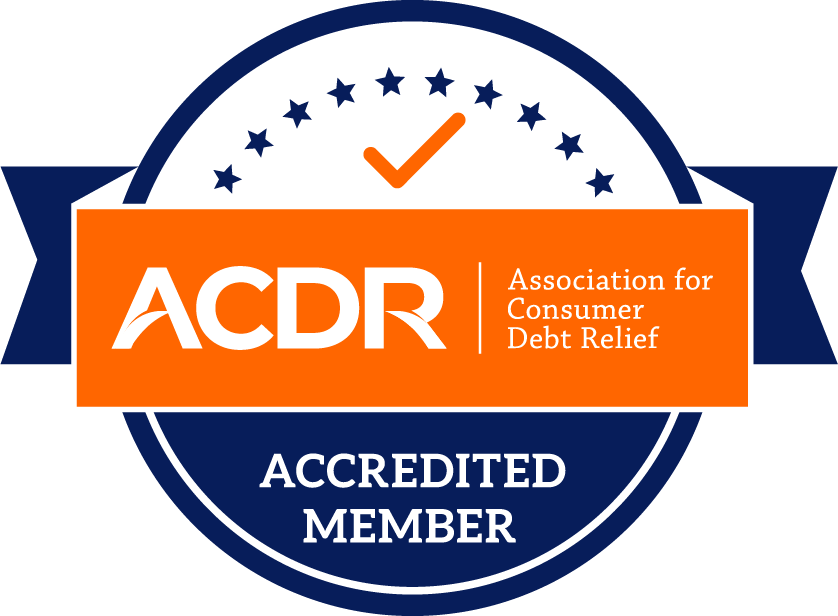Tag Archives: credit cards
-

4m read
Read moreGetting ahead financially takes a lot of time, patience, and well-researched knowledge. There are dozens of types of credit available out there, which can make determining how to manage them a little confusing at times. If, however, you are specifically looking to choose between personal loans or credit cards and want to understand how difficult […]



